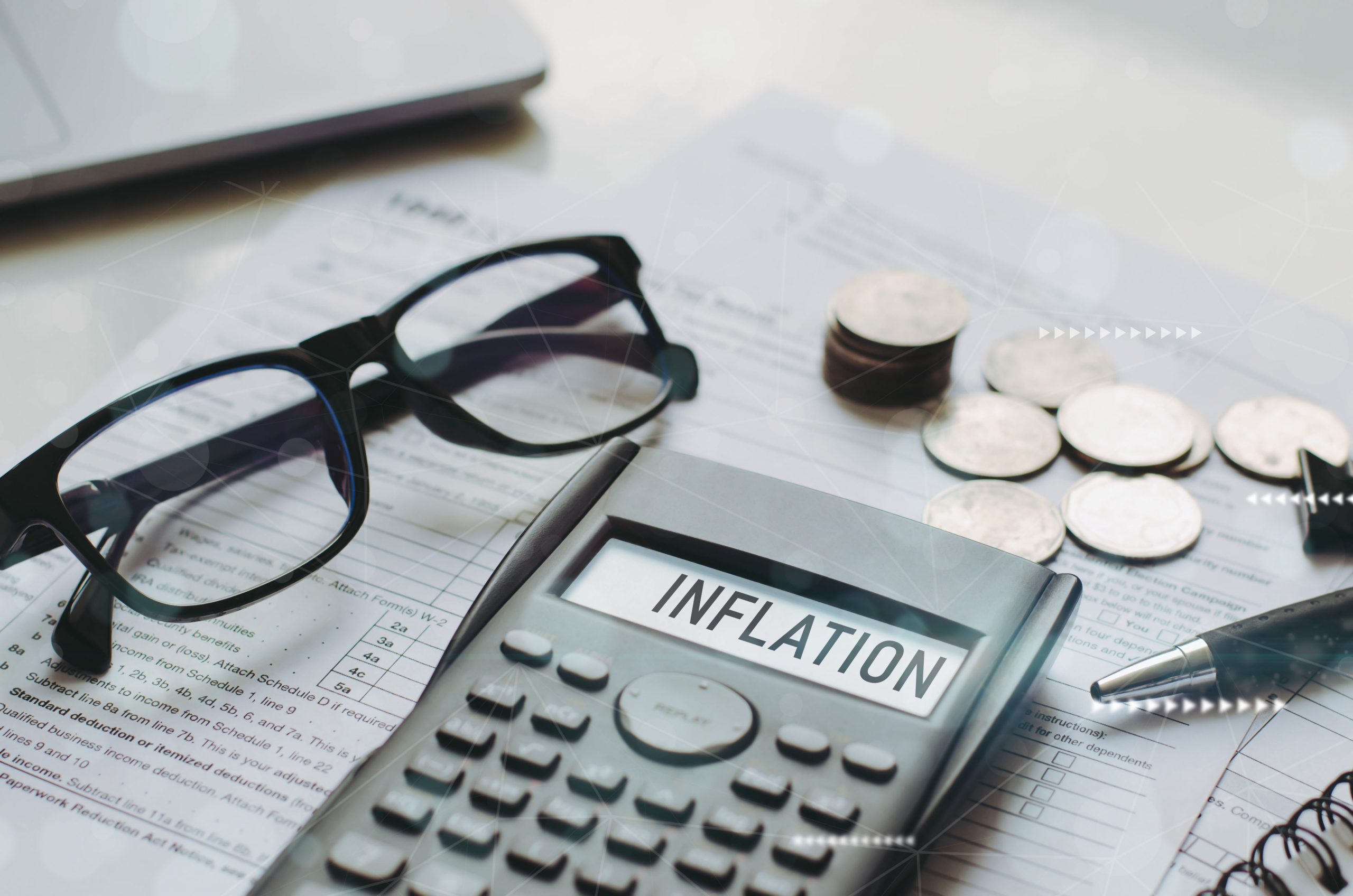In this video Ryan answers a common question “What taxes will you pay during retirement?”. He stresses the importance of understanding tax ramifications, especially for those whose majority of funds for retirement come from tax-advantaged accounts like 401ks, IRAs, or pensions.
Every dollar taken out from these accounts in retirement is taxed at ordinary income rates, and retirees are mandated to make Required Minimum Distributions (RMDs) starting around age 73, which are taxable. Ryan recommends considering Roth IRA conversions to offset some future taxes, and emphasizes the value of saving money outside of retirement accounts to mitigate tax burdens, especially as large expenses arise in retirement.
He illustrates the tax scenario with a real-life example of a married couple, showing that under current tax laws, retirees can have substantial income without excessive taxation.
What Taxes Will You Pay During Retirement?
Are you wondering what your tax expenses are going to be during retirement? It’s a crucial question that many retirees grapple with, and understanding the tax implications of your retirement income is essential for financial planning. In this article, we’ll delve into the various taxes you may encounter during retirement and explore strategies to help you minimize your tax burden.
The Looming Tax Challenge
Taxes in retirement can be a substantial expense that significantly impacts your retirement portfolio. Unlike other aspects of retirement planning, such as investment choices and spending habits, you have limited control over tax rates and regulations. The government can change tax laws, deductions, and brackets, potentially altering your financial landscape. Therefore, it’s crucial to have a clear understanding of what kind of taxes you’re likely to pay during retirement.
For most Americans, the bulk of their retirement savings is held in tax-advantaged accounts like 401(k)s, IRAs, or pensions. These accounts offer valuable tax benefits during your working years because you receive tax deductions for the contributions you make. In other words, you don’t pay income tax on the money you contribute to these accounts.
However, here’s the catch: every dollar you’ve stashed away in these accounts over the years has enjoyed tax-deferred growth. This means you haven’t paid taxes on the earnings and capital gains within your retirement accounts. But when you retire and start withdrawing money from these accounts for income, every dollar you take out becomes 100% taxable at ordinary income tax rates.
Required Minimum Distributions (RMDs)
Another critical factor to consider in retirement tax planning is Required Minimum Distributions (RMDs). Starting at age 72 (formerly 70½), you are required to take annual distributions from your traditional IRAs and retirement accounts. These RMDs force you to withdraw a portion of your retirement savings, which is then subject to income tax. While you don’t necessarily need to spend the money you withdraw, the IRS mandates that you pay taxes on these distributions.
As you get older, your RMDs increase, potentially pushing you into higher tax brackets. This annual requirement can become a significant source of tax liability in your retirement years.
Managing RMDs with Roth IRA Conversions
To mitigate the impact of rising RMDs, it’s wise to consider a Roth IRA conversion strategy. By converting a portion of your traditional IRA or 401(k) into a Roth IRA, you can pay taxes upfront at your current rate and potentially enjoy tax-free withdrawals in retirement. This strategy allows you to spread out your tax liability and gain more control over your retirement income’s tax efficiency.
Diversifying Your Retirement Savings
As you approach retirement, especially if your primary retirement savings are in tax-deferred accounts like 401(k)s and IRAs, it’s a good idea to start building a “war chest” of after-tax dollars. This strategy involves saving money outside of your tax-advantaged accounts to create a financial cushion for retirement expenses.
Having a pool of after-tax funds provides flexibility and helps you avoid additional tax liabilities in specific situations. For instance, if you need to make a large purchase like a new car, having cash readily available can prevent you from incurring additional taxes on IRA distributions used to cover the expense.
Maximizing Employer 401(k) Matching
While it’s crucial to save money outside of your retirement accounts, don’t overlook the benefits of maximizing your employer’s 401(k) match. Employer matching contributions represent an immediate 100% return on your investment, making them a valuable component of your retirement savings. Always contribute enough to your 401(k) to take full advantage of the company match, even if you’re building a savings cushion outside of your retirement accounts.
A Real-Life Tax Scenario
Let’s examine a real-life tax scenario for a married couple, both aged 60, with an annual income of $117,150, all coming from an IRA. Here’s a breakdown of their taxable income:
- Total Income: $117,150
- Standard Deduction: $27,700
- Taxable Income: $89,450
Now, let’s consider the tax rates:
- Income taxed at 10%: $27,700 (standard deduction)
- Income taxed at 12%: $61,750 ($89,450 – $27,700)
The tax liability for this couple would be:
- 10% Tax: $2,770
- 12% Tax: $7,410
- Total Tax: $10,180
In this scenario, the couple would pay a total of $10,180 in taxes on their $117,150 income. This illustrates that, under current tax rates and laws, you can enjoy a substantial income in retirement without incurring an exorbitant tax burden.
However, it’s essential to remember that tax laws can change, and future tax rates may differ from the current ones. Therefore, it’s crucial to stay informed and adapt your retirement tax strategies as needed.
Conclusion
Planning for taxes during retirement is a critical aspect of your overall retirement strategy. The tax implications of your retirement income can significantly impact your financial well-being in your golden years. By understanding the tax rules, optimizing your retirement accounts, and diversifying your savings, you can work to minimize your tax burden and enjoy a more financially secure retirement.
Keep in mind that tax laws may change, so it’s essential to stay informed and consult with a financial advisor to develop a tax-efficient retirement plan that suits your unique situation. Remember, the better you prepare for taxes in retirement, the more you can enjoy the fruits of your labor without the burden of excessive taxation.
Also read: How Much Risk Can You Afford To Take With Your Retirement Plan
About:
Our Channel “ ON THE MONEY“, is powered by Allied Wealth, Houston’s premier wealth management and financial planning firm. On the Money brings viewers educational, topic-driven, and real-life financial scenarios every week.
Topics we will be covering are Retirement and Financial Planning, Investment Selection, Retirement Income Planning, Taxes and Taxation during Retirement, Healthcare, Long Term Care, Legacy and Estate Planning, in addition to important Market and Economic changes impacting Retirement.
Allied Wealth is fully dedicated to your financial future, financial security and retirement.
With Allied Wealth, you will spend less time worrying and more time enjoying the life you’ve earned!





